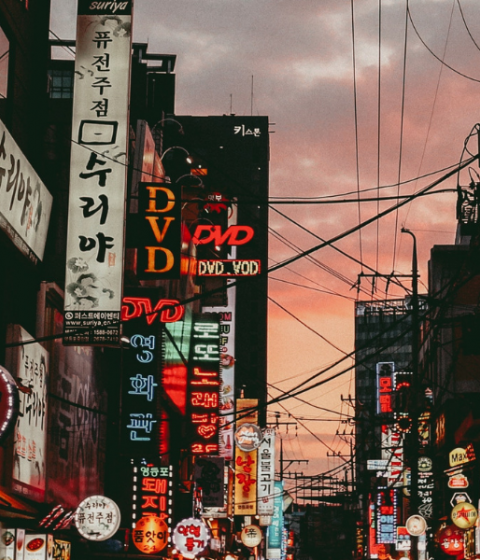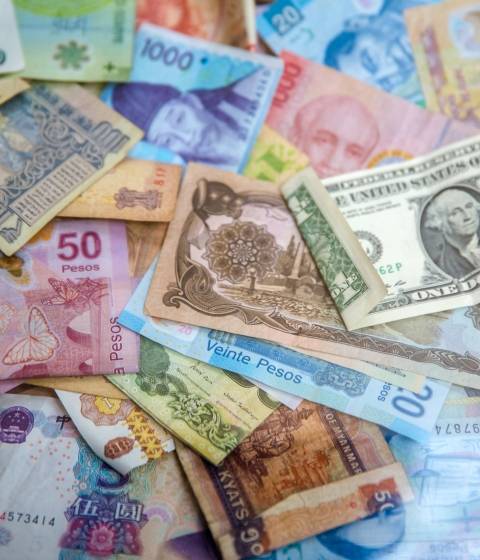The pros and cons of expat life in Dubai

If you speak to many Western expats about life in Dubai you may hear about tax-free earnings and a life of luxury in the desert. But be careful of this blinkered view - it is much more nuanced than that. Let’s take a look at the real pros and cons of the most popular expat destination in the Middle East.
Pro: diverse expat community
Of a total headcount of 9.2 million Dubai inhabitants, only 1.4 million are indigenous Emiratis. That’s a lot of expats – but be wary of the term. “Expat” is often used sweepingly to denote an educated, Western class of employee, whereas the term “migrant worker” is disparagingly applied to low-income workers, such as the thousands of Asian workers employed as workers on Dubai’s construction sites or as maids in its luxury hotels. Either way, both groups have chosen to “expatriate” in order to earn money, so they have a lot in common.
Together these groups make up a large and extremely diverse non-Emirati community. The largest sections are Indian and Pakistani, making up 28% and 12% respectively of the total population. These include influential, well-established families who have been there for generations – but without gaining full citizenship. By contrast, Westerners account for just 5.1% of the total headcount.
Regardless of numbers, however, Dubai is a country well-used to catering to overseas workers. Wherever you are from, there will be an established community to support you.
Because Emiratis are a minority in their own country, it is official government policy to get them as involved as much as possible in the private sector. Traditionally most Emiratis work for the armed forces or the government, so there is strong pressure on the private sector to employ them where they can. Emirati job candidates must be given priority, and their salaries are subsidized by the state. Smart, hard-working people of all kinds thrive in Dubai but be aware that, in the employment market at least, it is not necessarily a level playing field.
Con: strict laws
Dubai is a strict Muslim state. Non-Muslim expats should therefore be respectful of the country’s religious ways – especially during Ramadan.
For example, ‘modest attire’ is recommended and public displays of affection can cause offence and lead to arrest, even between married couples. Taking photos without permission, eating or drinking in public, or using bad language could all land you in trouble.
However, there is an underlying pragmatism in the way Dubai deals with those from non-Muslim cultures - a kind of unofficial tolerance that has made it an easier place to live than the more conservative neighbouring Emirates. Homosexuality is officially illegal, although a discreet LGBT scene is alive and well. The also state officially disapproves of the consumption of alcohol – especially by Muslims, and especially during the month of Ramadan – and visitors technically require a liquor licence before they can buy alcohol.
However, the truth is that the luxury hotels, bars and restaurants make a good living from expat spending – and bring in significant tax revenue.
Pro: high wages, low taxes
While Dubai does levy tax on alcohol, (as well as a rental tax on accommodation and VAT on most standard goods) it has famously avoided the traditional way of replenishing te state coffers: ie income tax. This has made it a magnet for expats who enjoy a higher income here and get to keep all of it – provided they are tax-resident in the UAE.
Con: the heat
40º in the shade is too much for many people, which is why expats should be prepared to spend much of their time in Dubai within air-conditioned interiors.
There is quite a lot of seasonal variation: the winter months, from October to April bring pleasantly warm weather, but the summer can be intolerably hot – see some tips for surviving the heat here. Also bear in mind that Dubai can be quite windy, with dust storms being not uncommon.

Con: the future?
Don’t forget that Dubai is just one of the United Arab Emirates. Following the 2008 crash, Abu Dhabi (its richer, more conservative neighbour) stepped in to bail it out, leading to some very visible power struggles. Perhaps the most high-profile example of this was the estimated $10bn paid to complete the tallest building in the world – originally, called the Burj Dubai, but renamed the Burj Khalifa, after the ruler of Abu Dhabi, who stepped in to finance it.
Many expect this dependence to intensify after the current coronavirus pandemic. Weakening oil prices, a distinct slip in property prices, and a general sense of pessimism has made investors nervous. The cancellation of Expo 2020 – which was to be held in October 2020 and which would have been the biggest trade event ever held in the Arab world – has left a $33bn hole in their financial forecast. However, Dubai remains a hugely important global business hub and, with the likely support of wealthier neighbours, it is likely to remain so.

Pro: improve your career prospects; enrich your soul
In summary, Dubai is currently one of the world’s leading expat destinations with good reason. Virtually every global corporation is represented here and there are opportunities for expats of all origins who are willing to work hard and embrace the culture. If you can stand the heat – both meteorologically and commercially – Dubai is a place where you can develop your career prospects, make lifelong friends, and broaden your mind to a different kind of society.



